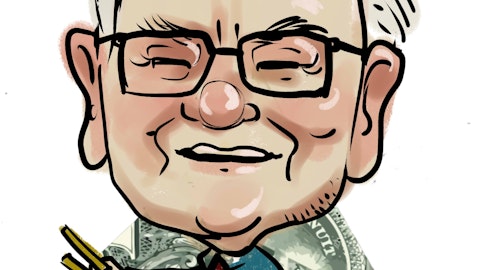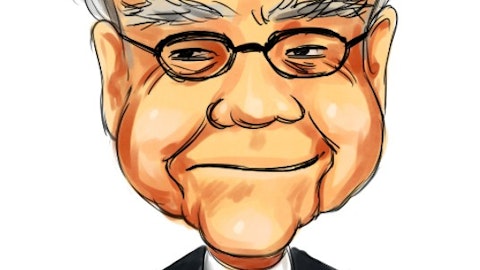AirAsia has significant representation in iShares MSCI Malaysia Index Fund (NYSEMKT: EWM) while the aircraft industry of the developed world, from U.S and Europe to Singapore and South Korea, is represented in the Claymore/NYSE Arca Airline (NYSEARCA:FAA). In the last six months, FAA has been up by 20% whereas EWM is up by 8.4%. FAA is primarily concerned with the U.S and European airline industry, which is already struggling, therefore investors are advised to avoid this ETF. The issues Boeing will have over the 787 will put a big drag on FAA. Malaysia’s economy is tied closely to both China and Singapore. Both countries look to have turned the corner on GDP growth in the medium term. Political uncertainty in Malaysia is a risk for the first time in 60 years, however.
| FAA | EWM | |
| 6 Months | 20.37% | 8.42% |
| Expense Ratio | 0.65% | 0.52% |
| Beta | 1.21 | 0.8 |
| P/E | 8 | 15 |
| EPS | N/A | 0.95 |
| Yield | 0 | 1.58% |
| Top Holding | Delta Air Lines | Malayan Banking Bhd |
| Focus | US Airline Stocks (71.1%) | Malaysian Equities(98.9%) |
The rivalry between AirAsia and Lion Air will continue to capture headlines from the Asian airline industry. The competition will be on price, which is good news for the customers but terrible for investors. This is evident in AirAsia’s stock on the Kuala Lumpur exchange – AIRASIA BHD (PINK:AIABF) – which is down by 23.5% in the past six months. Both firms will be willing to compromise on profits for greater market share now. Currently, AirAsia is growing at a pace of 25 new aircraft per year. With the new order of 100 jets, it will have a total of 350 new A320/320Neos delivered in the next fourteen years. The market of Asia Pacific is rapidly growing, and these two companies will continue to fight for it. It is the only regional market where air travel is projected to grow significantly in the next seven years.
However, there are some positives for AirAsia’s investors. The company is looking to fix an annual dividend that will be paid regularly. Following the listing of its Thai business unit at the domestic stock exchange, Thai AirAsia has become self-sufficient and no longer requires the support of its parent. The management is making similar plans for the Indonesian unit as well. Although investors are worried about the increasing competition, in the long term larger market share is going to pay off and a more diversified structure should pay off in the long run.
The article Asian Budget Carrier Wars Intensify originally appeared on Fool.com.
Copyright © 1995 – 2013 The Motley Fool, LLC. All rights reserved. The Motley Fool has a disclosure policy.





